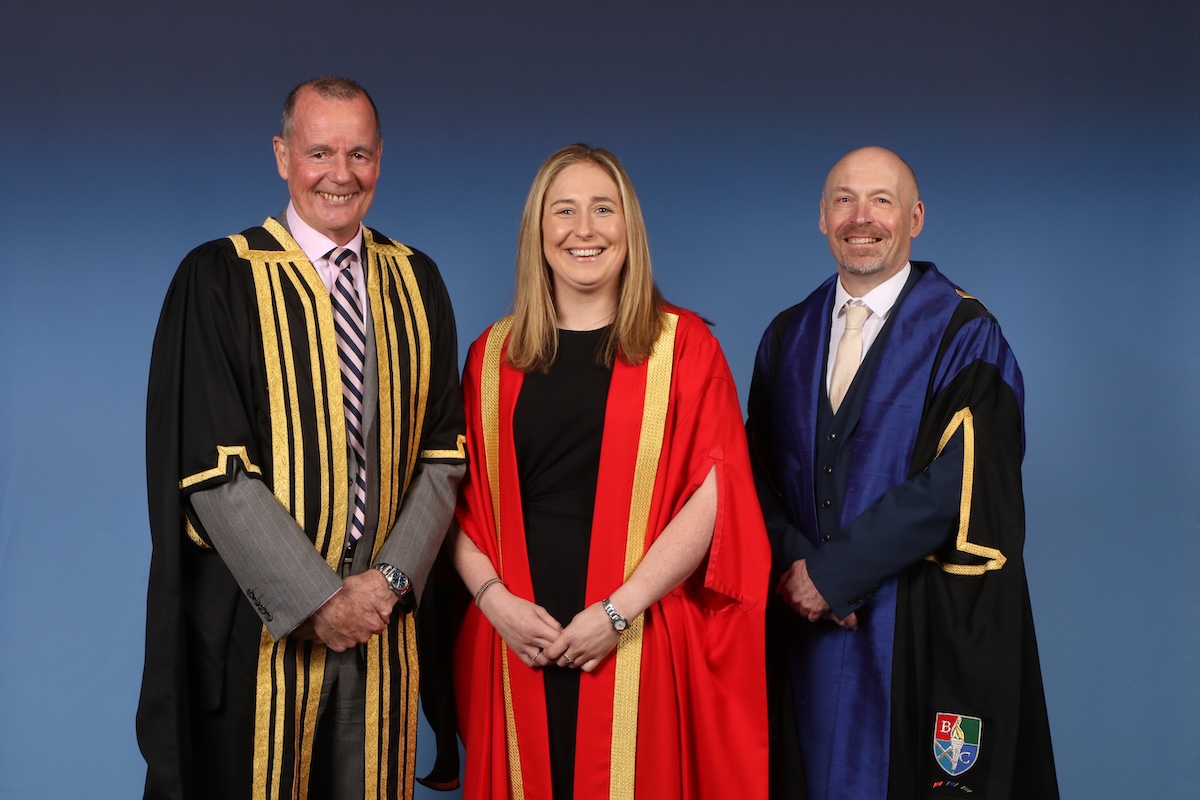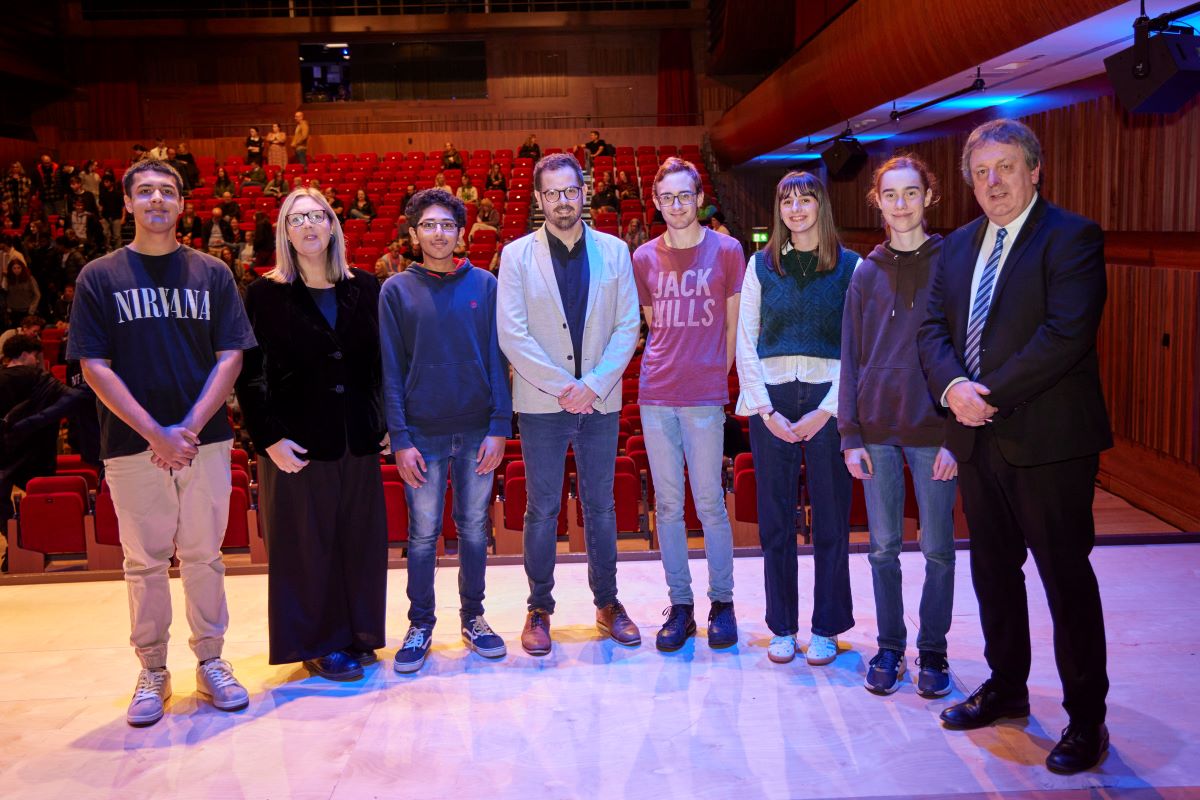Breaking Barriers: Technology’s Role in Making World Class Higher Education Accessible for All

Emerging technologies, such as AI, have the potential to transform the higher education sector – particularly in regards to English Language Testing.
The integration of artificial intelligence (AI) into education services has the potential to revolutionise the sector. Educational institutions around the world have already displayed remarkable agility and innovation, particularly in offering digital learning solutions during the pandemic. These new advancements can build on this digitalisation progress, making higher education more accessible to students globally.
One of the most significant areas of growth is English language testing, with 64% of the international student population listing a language other than English as their main language according to the 2021 UK census. With forecasts from UCAS predicting a rise of 46% in international undergraduate applicants, assessment will only become more important in years to come.
Testing an applicant’s English proficiency is the first step in an international student’s journey. For many, assessing linguistic ability is a barrier – rather than a springboard to a new chapter. One of the key issues is logistical, as testing students in person excludes large numbers of people who cannot travel to nearby centres.
But harnessing the potential of digital solutions can widen access to English language testing alongside in person testing. The potential for technology to power human supervision creates additional high-quality pathways for students, bring language testing to students wherever they may be.
Unlocking the best global talent with technology
With this in mind, we have invested significantly in our English Language Level Test (Oxford ELLT), integrating new, supportive technologies to enable students to take the tests online, widening access for all.
From face biometrics and plagiarism checking software, to audio and screen-recording capabilities, technology upgrades coupled with interactions from human proctors enable students to securely take that test from anywhere. For example, we work with TrustID to ensure that the participant taking the Oxford ELLT proficiency test is the same person that is applying for the accreditation. Using TrustID’s Face Biometric software the candidate’s ‘selfie’ style photo taken upon registration, is matched to their identification documentation.
Our human proctors are also supported by AI technology when analysing video feed, with software to monitor the participant’s posture shifts, eye movements and other behaviours. This capability flags irregularities to examiners so they can determine whether the participant could be using other devices or visual aids in the room, or whether someone else is helping them. As a matter of course, the recording of the test is also analysed to scan for irregularities before granting a result.
However, not all students want to take English language tests virtually or have the tools at home to do so. That is why we also enable students to take the Oxford ELLT test at an approved test centre, with the same advanced technology built in – bringing high quality English language testing to students worldwide.
New opportunities
Thanks to our roadmap of continuous enhancements and focus on student experience, we were recently awarded “Highly Commended” for ‘Digital Innovation of the Year” at the 2023 PIEoneer Award for our Oxford ELLT test platform.
Our task in the years ahead is to continue to invest in new technologies, to unlock the potential for students and partner institutions alike. English is a global language and by widening access, we can provide the life-changing opportunities education brings for more people, wherever they may be. In a time of a growing market and increasing competition, we focus on remaining agile, incorporating digital transformations in a way that enhances the student experience and retains the trust that university partners place in our brand and our products.
By Kenrick Cabrera, Chief Technology Officer & Gary Palmer, MD, OI Digital Institute, Oxford International Education Group
FE News on the go…
Welcome to FE News on the go, the podcast that delivers exclusive articles from the world of further education straight to your ears.
We are experimenting with Artificial Intelligence to make our exclusive articles even more accessible while also automating the process for our team of project managers.
In each episode, our thought leaders and sector influencers will delve into the most pressing issues facing the FE sector, offering their insights and analysis on the latest news, trends, and developments.











Responses